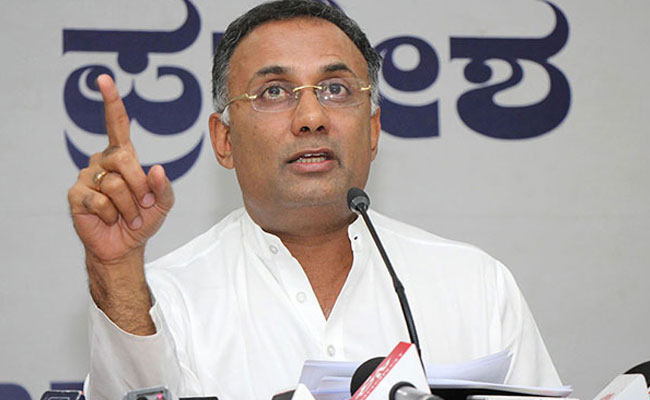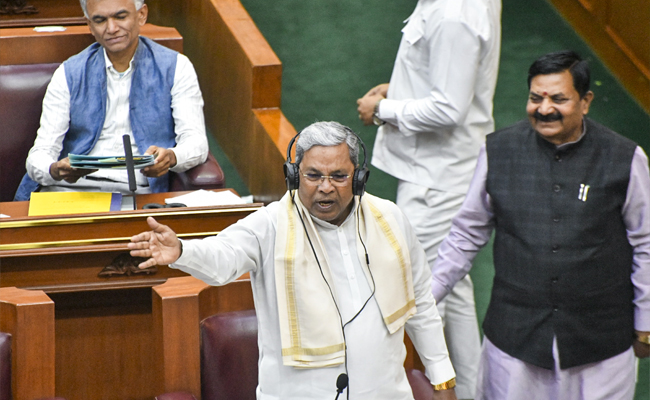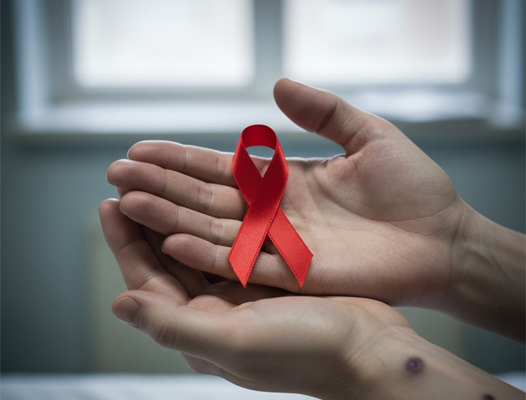New Delhi (PTI): BigHit Music, the management agency of South Korean music group BTS, on Thursday appealed to fans not to send member Jin gifts and letters as he fulfils his mandatory military service.
The 30-year-old vocalist, whose full name is Kim Seok-jin, officially enlisted for duty on December 13, 2022. According to Korean media, Jin is undergoing training at a boot camp of a front-line army division in Yeoncheon, 60 kilometres north of Seoul.
In a statement posted on fan community forum Weverse, BigHit said the influx of gifts at the training centre could lead to problems with storage and even misplacement.
"Jin is stationed at a training centre designated specifically for military training together with regular military personnel. If a large number of letters and gifts from the fans arrive at the centre all at once, it would be difficult to store them and they could be easily lost. We ask that you please refrain from sending anything by mail," the agency said in the statement.
"Please refrain from sending letters and gifts even after he has finished his military recruit training and gets stationed at his military base," it added.
ARMY -- the fan group of BTS -- can instead send messages for Jin, the eldest member of the septet, on Weverse.
"BigHit Music will assist in making sure Jin is able to personally see any kind and warm message fans leave on Weverse using the hashtag #Dear_Jin_from_ARMY," the agency said.
BigHit Music also asked for fans' cooperation during Jin's recruit training graduation ceremony.
"In order to prevent any issues that might occur from crowding, we ask fans to please refrain from visiting the site. Instead, we ask you to keep your heartwarming words of support and farewell in your hearts.
"We ask for your continued love and support for Jin until he finishes his military service and comes back. Our company will also strive to provide every support he needs during this time," it said.
In South Korea, all able-bodied men aged 18-28 are required to serve in the military for about two years. All BTS members had been allowed to put off starting their military service until they turned 30.
Other members -- RM, Suga, J-Hope, Jimin, V and Jungkook -- plan to carry out their military service based on their own individual plans.
The group, which debuted in 2013, had announced their hiatus in June 2022. They hope to reconvene as a unit around 2025 following their service commitment.
Let the Truth be known. If you read VB and like VB, please be a VB Supporter and Help us deliver the Truth to one and all.
Belagavi (PTI): Accepting that the female foeticide has not stopped in the state, Karnataka Health Minister Dinesh Gundu Rao on Tuesday said that the government is taking strict measures to prevent it.
The minister said the government is appointing separate nodal officers in all districts and tightening measures to prevent foeticide, which he called a "social evil".
He also assured that the government will consider strengthening legislation to control such activities.
The minister was responding to a question by BJP MLC C T Ravi in the Legislative Council.
"Female foeticides have certainly not stopped. If you look at the sex ratio, there is a lot of difference. I accept that this is happening," Rao said.
"Foeticides are not happening under pressure; voluntarily, it is happening, for not wanting a girl child. These things are happening based on the sex determination of the foetus at some hospitals. Sex determination is illegal, but with the advancement in technology, portable ultrasound machines have been developed, which can be easily carried anywhere, and scans and tests can be done. This needs to be controlled. We will bring it to the notice of the central government," he said.
In some districts and in a few hospitals, a higher number of male child births is happening. It is found with the help of intelligence input, the minister said.
"Information is being gathered on the taluk in which the male-female ratio is worsening, what is happening in which hospital, and appropriate action is being taken to crack down on such a network, after proper evaluation."
Decoy operations have been done at seven places in the last two years, to identify those involved in illegal activities linked to female foeticides, and actions have been taken against officials and hospitals involved, he said, adding that more needs to be done on priority.
Responding to a question by Ravi about whether any stringent legislation is being brought, Rao said, the government will consider strengthening the legislation and making it stricter to control this.
"Some amendments have been made to the existing laws in the last two years....advanced technology and the internet is being used to carry out such things, also oral medicines for abortions are available over the counter.
We need to look into bringing legislation to control them. The Food and Drug Administration has issued instructions to pharmacists that the sale of such drugs should be documented."
The minister also said that measures are also being taken for the effective implementation of the Pre-Conception and Pre-Natal Diagnostic Techniques (PC & PNDT) Act, and awareness is being created against the identification of female foetuses and female foeticide.





